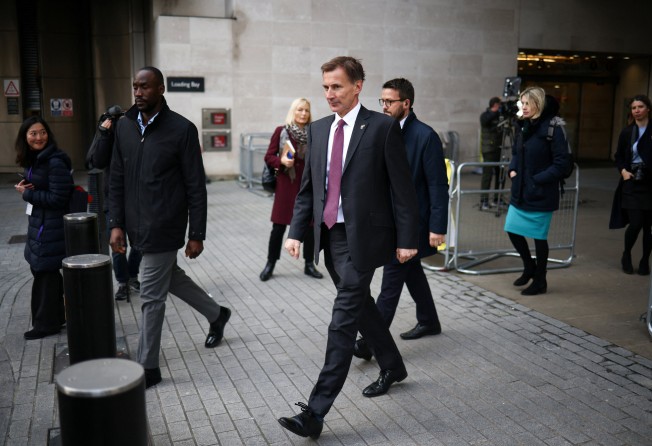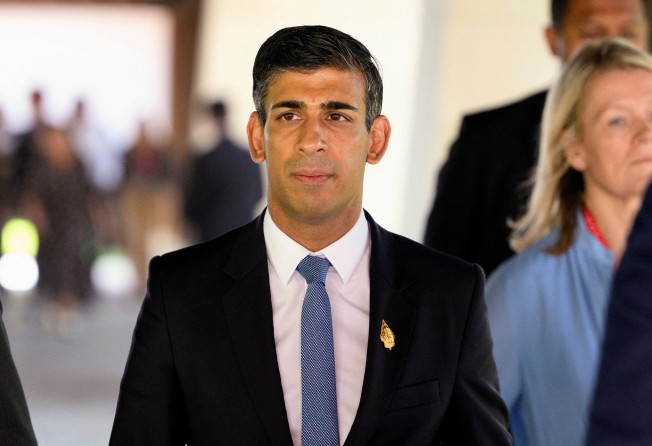
The best medicine for Britain is engagement
- The country is facing a ‘profound economic crisis’, the solution to which involves talking to trade partners and working together during these troubled times

Britain’s new finance minister warned he would need to make “horrible decisions” to restore his country’s reputation for fiscal prudence after a period of turbulence. Jeremy Hunt’s financial statement last week painted a grim picture. He announced tax rises and spending cuts worth £55 billion (US$65.35 billion).
This is a radical departure from the sweeping tax cuts favoured by former prime minister Liz Truss, who resigned last month when her plans caused market turmoil. Britain’s residents face tough times. Inflation hit a 41-year high in October. The cost of borrowing has risen sharply. The country is in recession.
The new policies mean the UK will have the highest tax burden since World War II. An expected 7.1 per cent plunge in living standards over the next two years will be the steepest since records began. External factors, including the pandemic, the war in Ukraine and rising interest rates, have contributed. But so has Brexit and the disastrous 49-day Truss tenure.
The message that fiscal prudence must take priority is one that should be heeded around the world, including in Hong Kong, amid global recession fears. Hunt’s unpleasant medicine has stabilised the markets, even though most measures will not take effect until after the next general election.

Britain will need its trading partners as it seeks to emerge from economic gloom. That includes China. A planned meeting between President Xi Jinping and British Prime Minister Rishi Sunak after the G20 last week was cancelled. Hopefully, they will meet soon.
Sunak’s approach to China is not clear. He appeared to soften his stance last week, describing the nation as a “systemic challenge” and refusing to say whether he will follow his predecessor’s plan to formally label China a threat.
The British leader also recognised global challenges could not be resolved without dialogue with China. This offers some encouragement at a time of ongoing tensions between the two countries.
Britain is facing what Sunak called a “profound economic crisis.” But it is not alone in facing unprecedented challenges. A consistent and responsible approach to economic policies and a determination to work together, is what the world needs at this critical time.